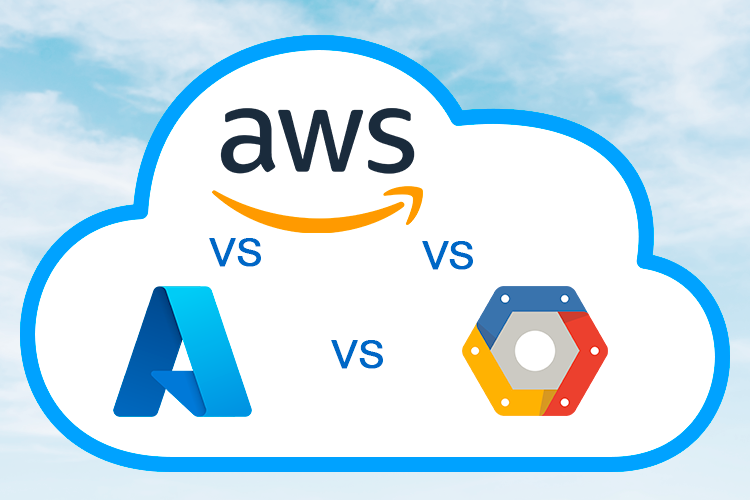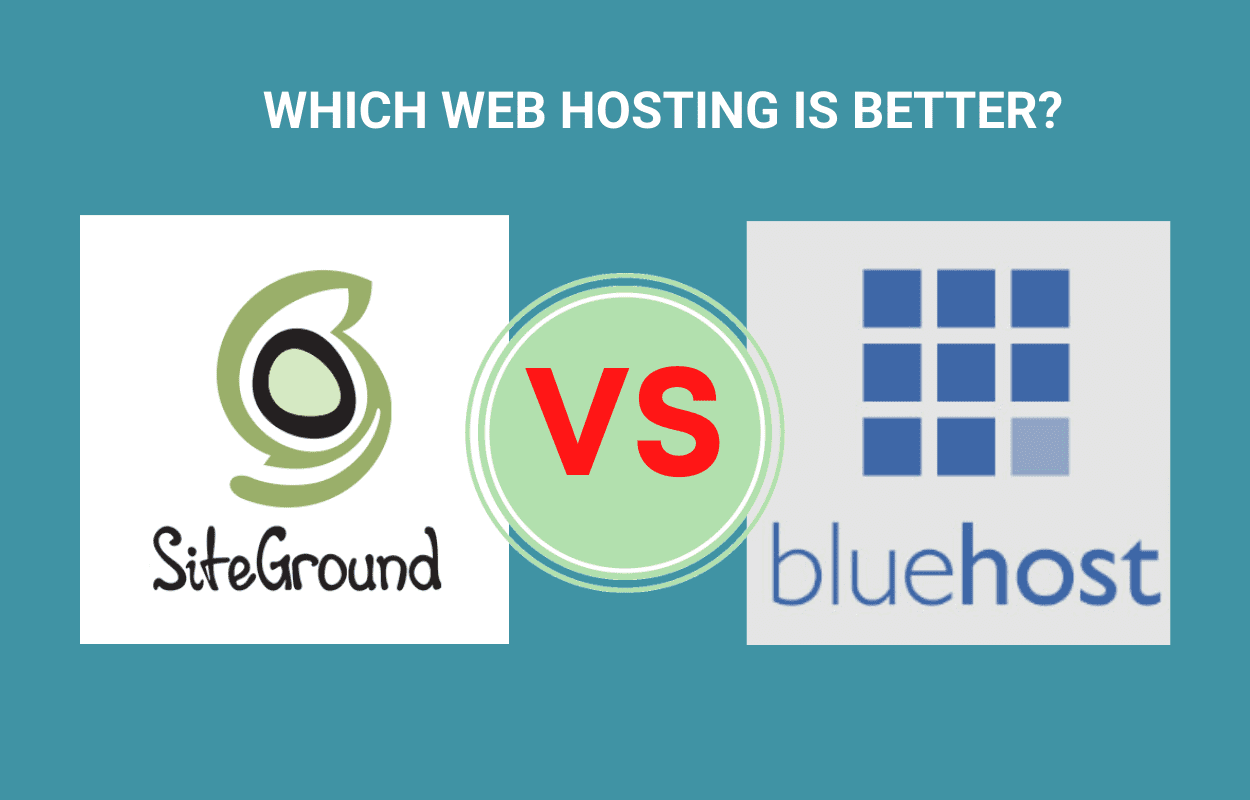(Domain Registrars) Choosing the right domain registrar is a crucial step in establishing your online presence. It’s not just about finding the cheapest option.
You need to consider several factors. These include the registrar’s reputation, customer support, and additional services.
In this comprehensive comparison, we’ll delve into the world of domain registrars. We’ll help you understand what they are and why they matter.
We’ll also explain the role of ICANN, the organization that accredits these registrars. Understanding this can help you make an informed decision.
Our comparison will cover various aspects of domain registrars. We’ll look at their prices, user experience, and the variety of domain extensions they offer.
We’ll also examine their privacy protection services. These are crucial in safeguarding your personal information.
Additional services like web hosting, email hosting, and SSL certificates will also be discussed. These can add value to your domain registration.
Customer support is another critical factor. We’ll assess the quality and availability of support across different registrars.
We’ll also delve into the security features each registrar offers. These can protect your domain from potential threats.
Our comparison will not just list the features. We’ll provide a detailed analysis, helping you understand the pros and cons of each registrar.
We aim to guide you in choosing the best domain registrar for your needs. Whether you’re a blogger, a business owner, or a digital marketer, this comparison will be of great help.
So, let’s dive in and start comparing the top domain registrars.
Understanding Domain Registrars
Domain registrars are companies accredited to sell domain names. They play a key role in the online ecosystem.
These registrars give you the tools to manage your domain names. They act as intermediaries between you and the global registry.
The right registrar can enhance your web journey. They offer various services that cater to different needs and budgets.
Understanding their function is essential for making the best choice. In the following sections, we’ll explore more about their roles and responsibilities.
What is a Domain Registrar?
A domain registrar is a business that enables customers to purchase and manage domain names. It holds the accreditation to delegate domain registrations.
You need a domain registrar to get your unique web address. This address is what users type into their browsers to find your website.
Registrars offer an interface to manage these domains easily. This includes renewing your domains, updating contact information, and handling domain transfers.
The Role of ICANN and Accreditation
ICANN stands for the Internet Corporation for Assigned Names and Numbers. This organization coordinates domain name registration globally.
ICANN ensures that registrars adhere to specific standards and guidelines. Accreditation by ICANN is a mark of legitimacy and reliability.
Choosing a registrar with ICANN accreditation offers peace of mind. It ensures your domain is in good hands, managed under international standards.
Criteria for Comparing Domain Registrars
When choosing a domain registrar, several factors come into play. It’s important to examine each one carefully.
Price is usually a primary concern for most individuals and businesses. However, it’s not the only factor to consider.
Customer service and support can make or break your experience with a registrar. The availability and responsiveness of support channels are crucial.
The range of additional services offered by registrars can add tremendous value. Consider what extras are available, such as web hosting or email services.
The security features a registrar provides are also critical. Protecting your domain from theft or unauthorized transfers is paramount.
Let’s summarize the key criteria to compare domain registrars:
- Price: registration, renewal, and transfer fees.
- Customer support: availability and effectiveness.
- Additional services: hosting, email, SSL certificates.
- Security features: domain protection measures.
- User experience: interface and management tools.
Price Comparison: Registration, Renewal, and Transfer Fees
The initial cost of registering a domain varies significantly. Some registrars offer low first-year prices to attract customers.
Don’t forget the renewal prices, though. They can be higher, which affects long-term cost.
Transfer fees also matter. If you’re switching registrars, understand the cost involved.
Compare different registrars to find the best deal. Pay attention to any potential hidden fees.
It’s crucial to balance cost and value. Sometimes paying a bit more can bring better services or more features.
User Experience and Domain Management Tools
A user-friendly interface is important for managing your domain. Complicated systems can lead to mistakes and frustration.
Look for intuitive, well-designed management tools. They should make domain tasks easy and accessible.
Access to DNS settings and other configurations should be straightforward. Complexity should never be a barrier to effective management.
Dashboard functionality varies between registrars. Look for features that simplify domain management.
A good user experience can save you time and effort. It’s an essential aspect to weigh against other factors.
Domain Extensions and Privacy Protection Services
Domain extensions provide different ways to brand your site. Common options like .com are popular, but there are many others.
A registrar offering a diverse array of extensions gives you flexibility. It allows you to choose what best fits your needs.
Privacy protection is another key feature. It keeps your personal information hidden from public databases.
Consider what privacy protections are available and their costs. This service can prevent spam and enhance security.
A wide choice of extensions combined with solid privacy services bolsters your domain’s value.
Additional Services: Hosting, Email, and SSL Certificates
Some registrars offer additional web-related services. These often include web hosting, email solutions, and SSL certificates.
Such services can be bundled together. This may offer savings and streamline the management of your online presence.
Consider if a registrar’s hosting package meets your site’s needs. It’s an important part of ensuring a seamless experience.
Email services can enhance your communication capabilities. Branded email addresses project a professional image.
SSL certificates ensure secure data transactions. They are often necessary for e-commerce or handling sensitive user information.
Customer Support and Service Reliability
Reliable customer support is invaluable. When issues arise, timely assistance can be a lifesaver.
Consider the methods of contact a registrar offers. Options typically include chat, phone, or email support.
Some registrars provide 24/7 support. This level of availability can be crucial for businesses operating across time zones.
Assess the quality of service by reading customer reviews. Current and past user experiences provide valuable insight.
Effective support and service reliability improve your overall satisfaction. It ensures your issues are addressed promptly.
Security Features and Domain Protection
Secure your domain with protection services offered by registrars. Safeguards against unauthorized transfers and hijacks are vital.
Some registrars offer two-factor authentication for additional security. This feature helps verify user identity before granting access.
Domain locking is another common service. It prevents unauthorized transfers without your consent.
Evaluate the security measures each registrar provides. It’s a fundamental aspect of maintaining your domain’s integrity.
Peace of mind comes from knowing your domain is safe. Invest time in understanding the security features available.
Top Domain Registrars Compared
Choosing the right domain registrar is a critical decision. We will compare some of the top registrars in the industry.
This comparison will focus on GoDaddy, Namecheap, Dynadot, IONOS by 1&1, and Bluehost. Each has its strengths and unique offerings.
GoDaddy
GoDaddy is a well-known domain registrar with a large market share. They offer a wide range of services beyond just domain registration.
Their pricing strategy is competitive, especially for new customers. However, renewal prices tend to be higher than initial ones.
GoDaddy provides a user-friendly interface, making domain management simple. Additionally, they offer a robust set of tools for both beginners and experts.
One of GoDaddy’s key features is its customer support. Their support is accessible 24/7 through phone and chat, catering to various time zones and regions.
GoDaddy is also known for its marketing and eCommerce tools. They offer website builders, online store setups, and a variety of integrated features.
Security is emphasized with services like two-factor authentication and domain lock. These measures ensure that customers’ domains are safe from unauthorized access.
Here are some pros and cons of GoDaddy:
- Pros:
- Comprehensive customer support
- Extensive additional services
- Simple domain management tools
- Cons:
- Higher renewal costs
- Occasional upselling of services
Namecheap
Namecheap stands out for its competitive pricing model. They provide affordable registration with favorable renewal rates.
Their platform is intuitive, focusing on the user experience. This makes domain management efficient for all users, regardless of technical expertise.
Namecheap’s privacy protection is included with domain registration. This adds significant value at no extra cost.
Customer support is offered 24/7 primarily through live chat. Although not as varied as some competitors, their response time is quick.
In terms of additional services, Namecheap offers hosting, email solutions, and SSL certificates. These are reasonably priced, making it a great option for small businesses.
Security is a priority, featuring two-factor authentication and WhoisGuard. This ensures domain owners’ data remains private and secure.
Some benefits and drawbacks of Namecheap include:
- Pros:
- Free privacy protection
- Affordable prices
- Simple interface
- Cons:
- Limited customer support options
- Fewer integrated services
Dynadot
Dynadot is a smaller player but strong contender among registrars. They offer competitive pricing and a solid range of services.
Their management interface is clean and functional. It provides all necessary tools without overwhelming new users.
Dynadot’s domain name search is powerful. It helps users find creative domain options when their first choice is unavailable.
They also provide discounted prices for bulk domain purchases. This is a significant advantage for individuals managing numerous domains.
In addition to domains, Dynadot offers hosting and email services. These solutions are suited for various needs, from personal sites to business ventures.
Security is well-established with Dynadot. Features include two-factor authentication and account locking for added protection.
Here are some pros and cons of Dynadot:
- Pros:
- Bulk pricing discounts
- Clean, simple management tools
- Powerful domain search function
- Cons:
- Smaller selection of integrated services
- Customer support mainly via email
IONOS by 1&1
IONOS by 1&1 has a strong presence in Europe. They are known for their affordable pricing and comprehensive service packages.
This registrar offers competitive introductory pricing. Renewals remain reasonably priced, which makes budgeting easier for customers.
IONOS provides an easy-to-use dashboard. It enables effective domain management and access to additional tools.
They offer a wide variety of domain extensions. This allows users to choose from the most common to more niche extensions.
Additional services include web hosting, email, and online marketing tools. These services are extensive and cater to businesses of all sizes.
Security features like domain protection and SSL certificates are available. They ensure protection against data breaches and unauthorized access.
Some pros and cons of IONOS include:
- Pros:
- Affordable renewal prices
- Variety of domain extensions
- Wide range of additional services
- Cons:
- Interface may seem outdated to some users
- Support quality can vary
Bluehost
Bluehost is primarily known for its web hosting services but offers reliable domain registration too.
While their domain registration prices are fair, they shine in hosting bundling options. These packages often provide excellent value for website owners.
The Bluehost platform is friendly to newcomers. Tutorials and an intuitive interface make managing domains and hosting straightforward.
Bluehost offers solid customer support through multiple channels. Help is available via phone, chat, and a comprehensive knowledge base.
Security measures include free SSL certificates and advanced protection features. These elements are crucial for maintaining online safety.
Integrations with WordPress and other CMSs set them apart. It’s an attractive choice for content creators and small businesses.
The benefits and disadvantages of Bluehost include:
- Pros:
- Excellent hosting and domain bundle deals
- Strong support network
- Reliable security features
- Cons:
- Domain focus is secondary to hosting
- Limited domain management features compared to dedicated registrars
Additional Considerations When Choosing a Domain Registrar
Selecting the ideal domain registrar involves more than just comparing prices and features. Several other factors can influence your decision.
One important consideration is the ability to manage multiple domains efficiently. Some registrars excel in bulk registration and provide tools to streamline management.
Another critical factor is understanding the registrar’s policies on domain transfers. A flexible transfer policy can be crucial if you decide to switch providers.
Hidden fees can significantly affect the total cost of domain ownership. Transparency in pricing is vital to avoid unexpected charges later.
Environmental sustainability may be a lesser-known aspect, but it is becoming increasingly significant. Some registrars are committed to eco-friendly practices.
Bulk Domain Registration and Management
Managing numerous domains can be challenging. Bulk domain registration and management tools simplify the process significantly.
Many registrars offer discounts for bulk registrations. This can be advantageous for businesses and individuals managing multiple domain assets.
Efficient management tools help update DNS settings and renew domains collectively. This saves time and reduces the complexity involved in handling several domains.
Domain Transfer Policies and Lock-In Effects
Transferring domains between registrars should be straightforward. Understanding transfer policies can prevent being locked into a service you no longer prefer.
Some registrars may impose restrictions on transfers, impacting flexibility. Look for those with user-friendly policies that allow easy transitions.
Consider potential fees associated with transferring a domain. Comparatively, some registrars offer free or discounted transfer services as an incentive.
Hidden Fees and Transparency
In the domain registration world, hidden fees are a common concern. These fees can manifest during checkout or later in the billing cycle.
Transparency in pricing is a hallmark of a trustworthy registrar. Always review terms of service and fine print to comprehend all potential costs.
Avoid registrars known for unexpected upsells or hidden charges. Select those praised for straightforward and honest pricing policies.
Environmental Impact and Sustainability Practices
Increasingly, consumers are conscientious about sustainability. This applies to choosing products and services, including domain registrars.
Some registrars invest in eco-friendly practices. These may include renewable energy usage or carbon offset programs to minimize environmental impact.
Researching a registrar’s commitment to sustainability can influence your choice. Opting for a green registrar supports broader efforts toward environmental responsibility.
Conclusion: Making the Right Choice for Your Needs
Choosing a domain registrar is a crucial step in building an online presence. It impacts your domain ownership experience and website’s success. When selecting a registrar, consider your specific needs and priorities, such as pricing, customer service, and additional features.
Price comparisons are essential but should not be the sole factor. Evaluate user feedback and customer service reputation to ensure your choice supports you effectively. Customer support can make a big difference when you encounter issues.
Look beyond just registering a domain name. Additional services like email hosting, SSL certificates, and website builders can offer added value. Determine which services are most beneficial for your goals and whether they integrate smoothly with other solutions.
Remember, a straightforward registrar prioritizes transparency. They offer clear pricing structures and avoid hidden fees. Read reviews and research each option thoroughly. This diligence ensures your decision aligns with both your current and future needs.
FAQs
Choosing a domain registrar involves many questions. This FAQ section addresses common inquiries to help you navigate your options. Understanding these questions can assist you in making an informed choice.
Who is the most used domain registrar?
GoDaddy is widely regarded as the most popular domain registrar. They offer a broad array of services to cater to diverse needs. Their vast marketing efforts and ease of use continue to draw a significant user base.
How much does a domain name registrar cost?
Domain registrars typically charge anywhere from $10 to $20 per year for standard domains. Prices can vary based on domain extensions and additional services. Always consider renewal fees, as they can sometimes be higher than initial registration costs.
Are there free domain registrars?
Completely free domain registrars are rare. Some hosting companies bundle free domains with hosting packages. These offerings often come with conditions or limited options, so thoroughly understand any attached terms.
Does the choice of domain registrar affect SEO?
The domain registrar itself does not directly influence SEO. However, factors like website speed, uptime, and SSL certificates offered by registrars can play a role. Choosing a reliable registrar contributes to overall website performance.
Can I transfer my domain to another registrar at any time?
Yes, you can transfer your domain, but some restrictions may apply. Transfers often require the domain to be registered for at least 60 days. Be aware of potential transfer fees or specific policies from your current registrar.
What should I look for in terms of domain registrar customer support?
Good customer support is crucial. Look for 24/7 availability through multiple channels like chat, email, and phone. Evaluate response times and consider checking user reviews for insights into the support experience.









































Hello!
This post was created with XRumer 23 StrongAI.
Good luck 🙂